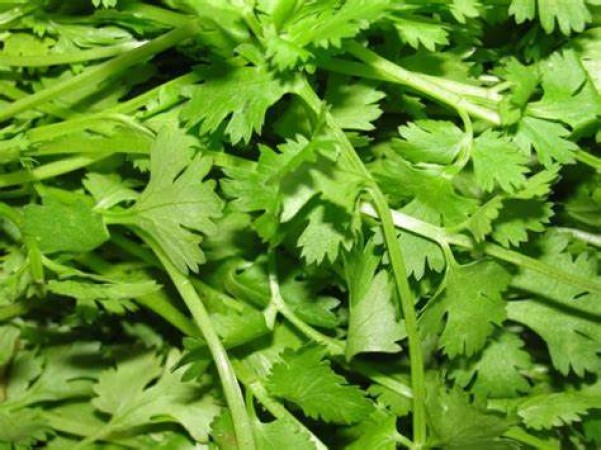
When it comes to combating high cholesterol levels, the solution might be growing right in your kitchen garden. Coriander leaves, commonly known as cilantro, are not just a flavorful herb but also a potential remedy for high cholesterol. In this article, we'll delve into the remarkable benefits of coriander leaves and how they can help reduce cholesterol levels naturally.
Before we explore the potential of coriander leaves, let's grasp the significance of cholesterol in our health.
Cholesterol is a waxy, fat-like substance found in your cells and the food you eat. While it's essential for various bodily functions, excessive cholesterol can lead to health problems, including heart disease.
There are two main types of cholesterol: LDL (low-density lipoprotein) and HDL (high-density lipoprotein). LDL is often referred to as "bad" cholesterol because high levels of it can lead to plaque buildup in arteries.
Now, let's uncover the science behind how coriander leaves can be a powerful tool in lowering cholesterol levels.
Coriander leaves are a rich source of antioxidants, dietary fiber, and essential vitamins and minerals. These components play a pivotal role in reducing cholesterol.
Antioxidants in coriander leaves combat the harmful effects of free radicals, which can contribute to high cholesterol levels. This protection helps maintain a healthy heart.
Coriander leaves are high in dietary fiber, which aids in reducing LDL cholesterol levels by binding to it and aiding in its elimination from the body.
Essential vitamins and minerals in coriander leaves, such as potassium, help regulate blood pressure and support overall heart health, indirectly impacting cholesterol levels.
Now that we understand the potential benefits, it's crucial to know how to make coriander leaves a regular part of your diet.
Fresh Garnish: Sprinkle chopped coriander leaves over salads, soups, and curries for an instant burst of flavor.
Smoothies: Add a handful of coriander leaves to your morning smoothie for a refreshing twist.
Coriander Pesto: Blend coriander leaves with nuts, garlic, and olive oil to create a heart-healthy pesto sauce.
Herbal Tea: Steep coriander leaves in hot water to make a soothing and cholesterol-lowering herbal tea.
While coriander leaves offer numerous health benefits, it's essential to approach any dietary change with caution.
Before making significant dietary adjustments, especially if you have underlying health conditions, consult with a healthcare professional for personalized guidance.
While coriander leaves can contribute to cholesterol reduction, consuming them in moderation alongside a balanced diet is crucial. Incorporating coriander leaves into your daily meals can be a simple and cost-effective way to help manage cholesterol levels. This natural remedy, packed with antioxidants and dietary fiber, may contribute to a healthier heart.
International Day of Awareness of Food Loss and Waste 2023: Vision, Objectives, and More
How to Boost Your Chances of a Normal Delivery in the 9th Month with These Foods
Do Not Consume These Items During Pregnancy, or Face Significant Consequences